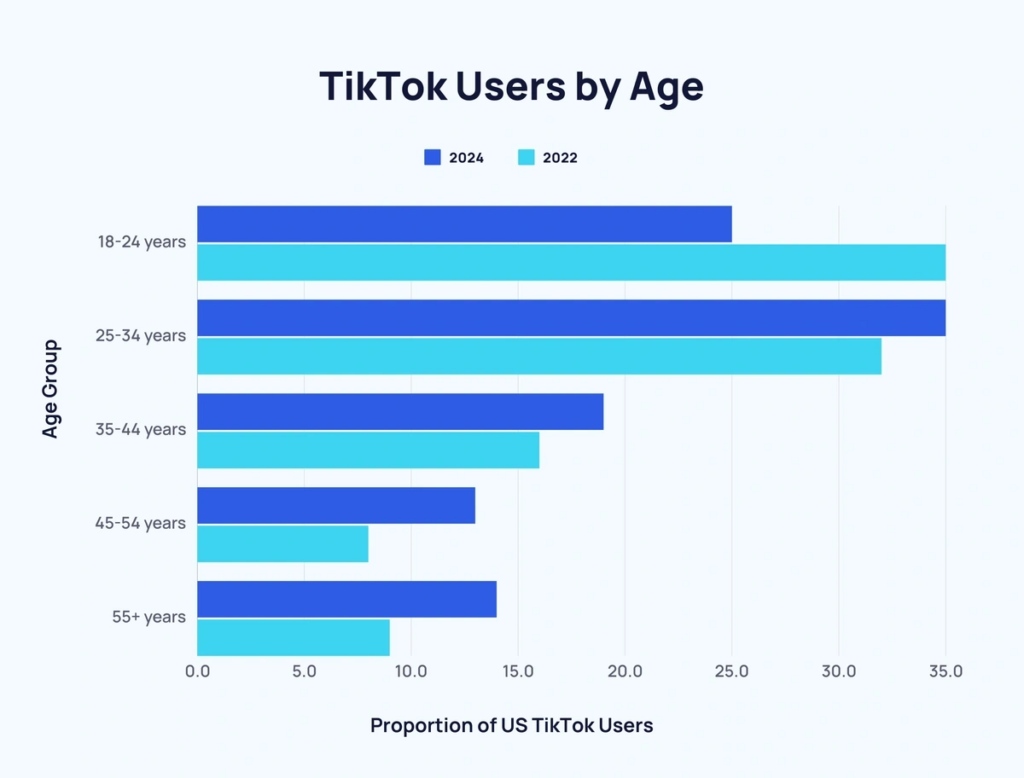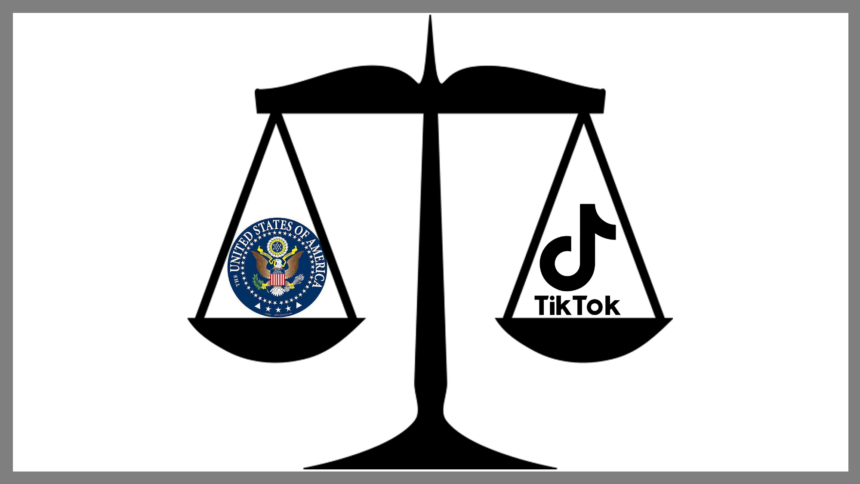TikTok is in the hot seat as the U.S. Supreme Court prepares to hear oral arguments that could determine its future in the United States. The app, loved by millions, is facing a potential ban due to national security concerns. The case centers around whether a law forcing its Chinese parent company, ByteDance, to divest or shut down violates the First Amendment. As influencers, creators, and users anxiously await the outcome, the stakes couldn’t be higher.
What’s Happening & Why This Matters
Free Speech vs. National Security
On January 19, 2025, a U.S. law will go into effect, requiring TikTok to be sold or banned. The law, which passed with bipartisan support, stems from national security concerns about ByteDance’s control of TikTok. The U.S. government argues that China could use TikTok for espionage or to manipulate content, though there is no concrete evidence to suggest that it has been used for these purposes.
TikTok and millions of users and content creators claim that the law violates First Amendment rights. The company asserts that limiting speech based on unfounded fears about future risks is unconstitutional. The legal arguments will test the boundaries of free speech in the digital age and could set a major precedent for regulating social media platforms.

Impact on TikTok Creators and Small Businesses
If the Supreme Court upholds the law, the consequences for millions of American TikTok creators could be devastating. Many, like Joanne Molinaro (The Korean Vegan), have built thriving careers and businesses on the platform. TikTok’s unique algorithm has allowed creators to gain massive followings quickly; for many, it’s their primary source of income. Losing access to the app could mean the loss of not just personal revenue but also sponsorships and brand partnerships that have become key to their financial success.
A TikTok ban could also affect the 7 million U.S. small businesses that use the app to market their products, potentially resulting in a revenue loss of $1 billion. The impact would be severe for creators like Eli Rallo, who generates most of her income through TikTok. “My financial situation would change,” she admits, though she is working to diversify her income streams on other platforms.
Could Competitors Step In?
While a TikTok ban could boost competing platforms like YouTube, Instagram, and Facebook, creators may struggle to transition. Each platform has a different user base, algorithm, and content style, meaning building a similar following and securing sponsorships can take time. This transition could be tough for those who have made a living solely from TikTok’s rapid rise.
The Court’s Challenge: Navigating Complex Tech and National Security
The Supreme Court will be tasked with balancing free speech and national security. The justices must decide whether the government’s concerns about future risks are enough to justify limiting free expression. The case comes as the court has faced increasing pressure to make rulings on issues involving digital platforms, a space where many justices have limited expertise.

As the court considers the case, they will hear arguments about whether the law regulates speech based on speculative threats too far. For TikTok users and creators, the outcome could reshape how social media platforms are governed in the U.S., especially those with foreign ownership.
TF Summary: What’s Next
The upcoming Supreme Court case could determine TikTok’s fate in the U.S. A ruling in favor of the law could lead to a ban, impacting millions of users and creators who depend on the platform for their livelihood. However, the outcome is still uncertain, and with arguments set to begin shortly before the law’s effective date, all eyes will be on how the court handles this clash between national security and free speech. The decision will not only affect TikTok but could set a new standard for how other social media companies are regulated.
— Text-to-Speech (TTS) provided by gspeech


